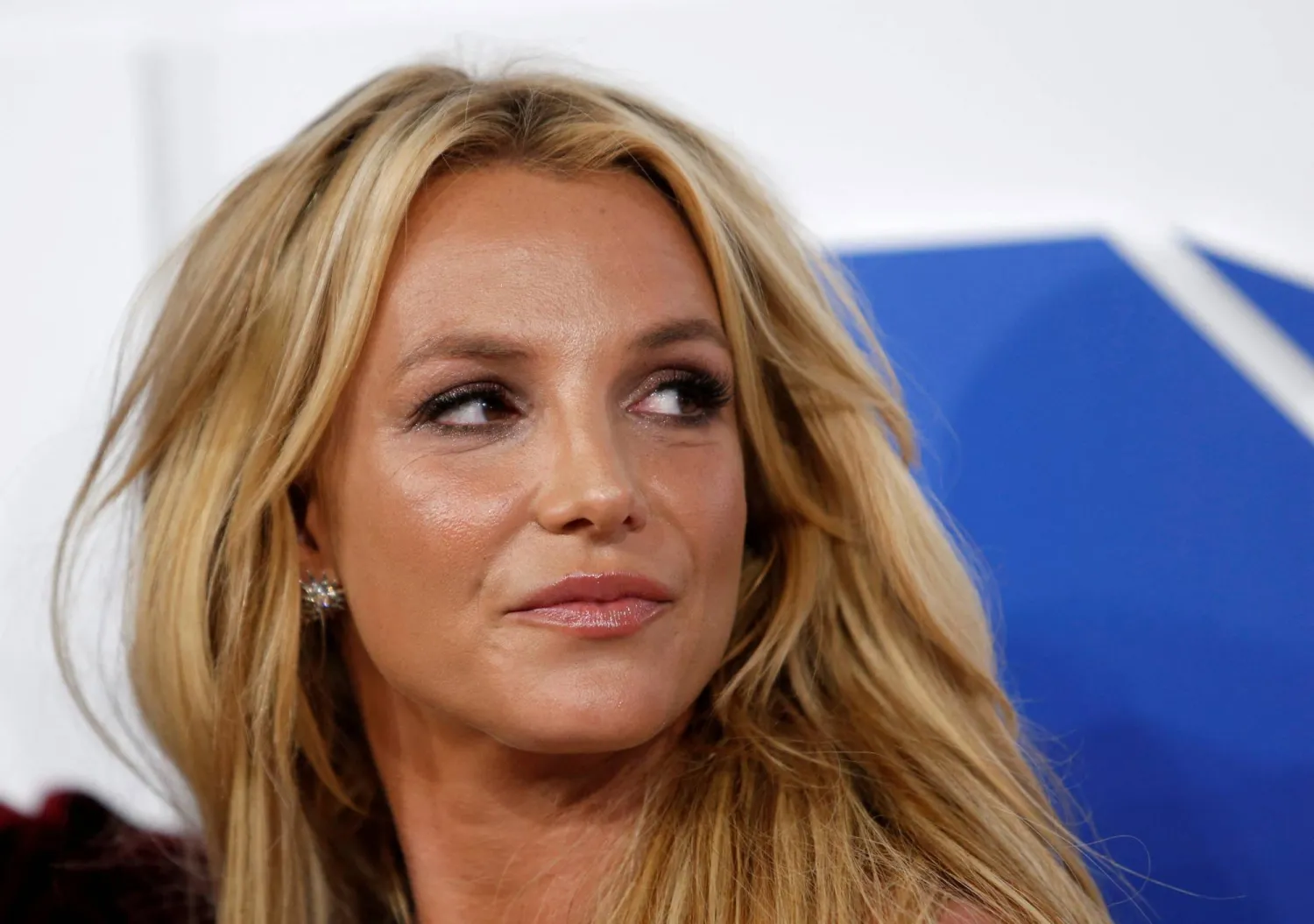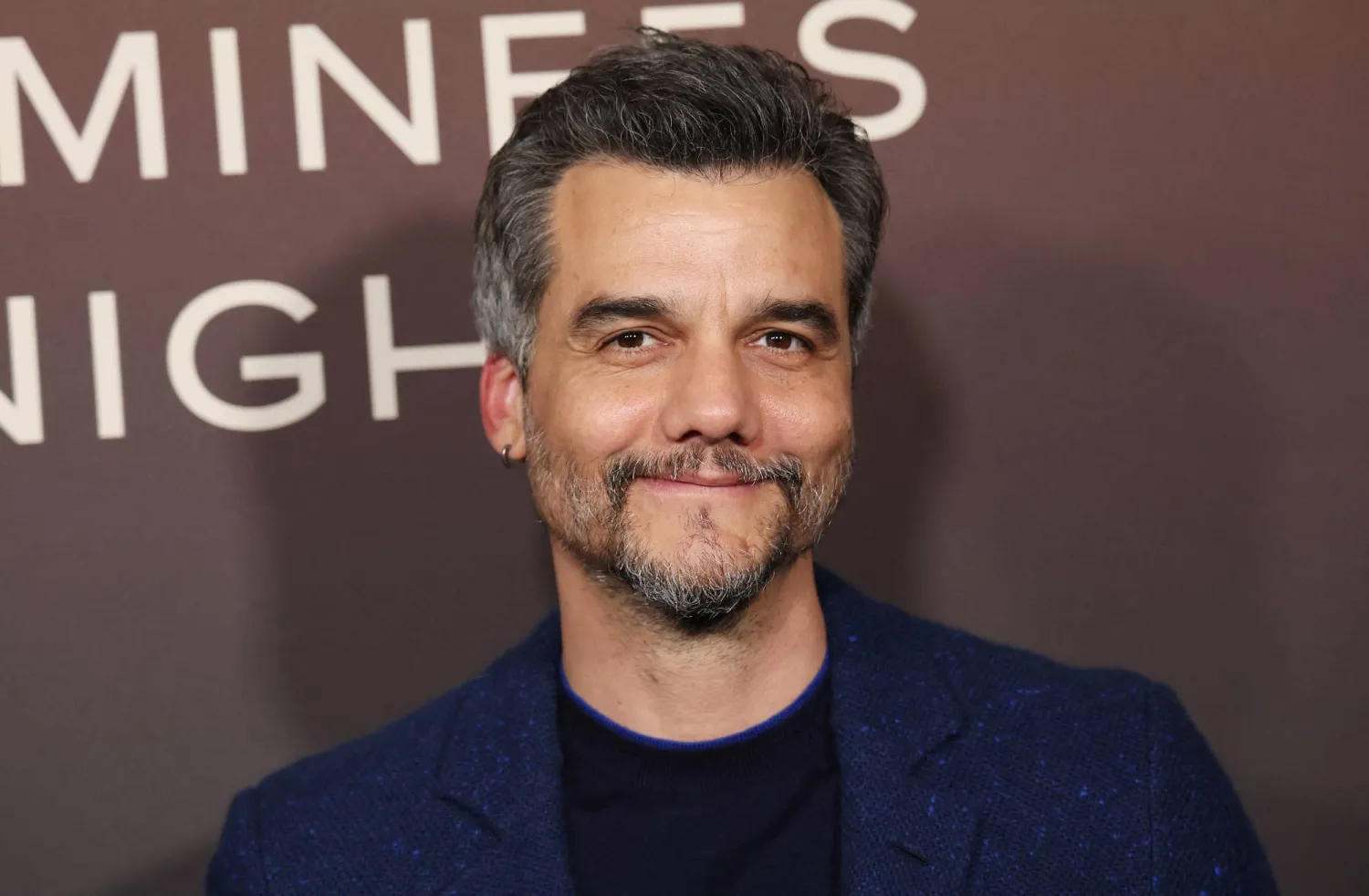She was one of Hollywood’s most glamorous stars and determined off-screen fighters. No one was better suited than Olivia de Havilland to play the sainted Melanie Wilkes in "Gone With the Wind" or more tenacious about the right to appear in the films of her choosing.
Fans and actors alike owe much to de Havilland, the Oscar-winning performer who became, almost literally, a law unto herself.
De Havilland, who died Sunday at 104, was one of the last survivors of Hollywood’s so-called Golden Age. She was beloved to millions as Wilkes in "Gone With the Wind, but also won Oscars for "To Each His Own" and "The Heiress" and challenged and unchained Hollywood’s contract system.
De Havilland died peacefully of natural causes at her home in Paris, publicist Lisa Goldberg said.
During a career that spanned more than 70 years, de Havilland was praised in roles ranging from an unwed mother to a psychiatric inmate in "The Snake Pit," a personal favorite. The doe-eyed actress projected both a gentle, glowing warmth and a sense of resilience and mischief that made her uncommonly appealing, leading critic James Agee to confess he was "vulnerable to Olivia de Havilland in every part of my being except the ulnar nerve."
The sister of fellow Oscar winner Joan Fontaine, with whom she had one of Hollywood’s most famous sibling rivalries, de Havilland was the last surviving lead from "Gone With the Wind." The 1939 epic, based on Margaret Mitchell’s best-selling Civil War novel and winner of 10 Academy Awards, is often ranked as the all-time box office champion (adjusting for inflation), but is now widely condemned for its glorified portrait of slavery and antebellum life.
The pinnacle of producer David O. Selznick’s career, "Gone With the Wind" had a dramatic and troubled back story. Three directors worked on the film, stars Vivien Leigh and Clark Gable were far more connected on screen than off and the fourth featured performer, Leslie Howard, was openly indifferent to the role of Ashley Wilkes, Melanie’s husband. But de Havilland, drawn to Melanie’s empathy and generosity, remembered the movie as "one of the happiest experiences I’ve ever had in my life. It was doing something I wanted to do, playing a character I loved and liked."
She was otherwise known as Errol Flynn’s co-star in a series of dramas, Westerns and period pieces, most memorably as Maid Marian in "The Adventures of Robin Hood." But de Havilland also was a prototype for an actress too beautiful for her own good, typecast in romantic roles while desiring greater challenges. Her frustration finally led her to sue Warner Bros. in 1943 when the studio tried to keep her under contract after it had expired, claiming she owed six more months because she had been suspended for refusing roles.
Her friend Bette Davis had failed to get out of her contract under similar conditions in the 1930s, but de Havilland prevailed, with the California Court of Appeals ruling that no studio could extend an agreement without the performer’s consent. The decision is still unofficially called the "De Havilland law" and made her as much a pioneer in the entertainment field as baseball star Curt Flood, who took on the game’s "reserve clause" binding players to teams, was in sports.
Fans of "Gone With the Wind" knew of her talent and determination. She was so anxious to play Melanie that she lobbied the wife of studio boss Jack Warner to receive permission to work for Selznick. When Selznick fired director George Cukor and replaced him with Victor Fleming, de Havilland continued to consult privately with Cukor (Leigh did the same). When Gable was reluctant to cry during one of the movie’s most emotional scenes, Melanie comforting Rhett Butler over Scarlett’s miscarriage, de Havilland helped talk him into it and provided unforgettable support on screen.
De Havilland was nominated for an Oscar for "Gone With the Wind" and went on to earn her own Academy Award in 1946 for "To Each His Own," a melodrama about out-of-wedlock birth. A second Oscar came three years later for "The Heiress," in which she portrayed a plain homebody (as plain as it was possible to make de Havilland) opposite Montgomery Clift and Sir Ralph Richardson in an adaptation of Henry James’ "Washington Square." Agee had noted a breakthrough in the 1946 drama "The Dark Mirror," writing that her performance was "thoughtful, quiet, detailed and well sustained."
She moved to Paris in 1953, "at the insistence" of her then-husband, Frenchman Pierre Galante, she told The Associated Press in 2016. "Hollywood had become a "dismal, tragic place" and she found no reason to return to the US.
In middle age and after, she appeared in several movies for television, including "Roots" and "Charles and Diana," in which she portrayed the Queen Mother. She also co-starred with Davis in the macabre camp classic "Hush ... Hush, Sweet Charlotte" and was menaced by a young James Caan in the 1964 chiller "Lady in a Cage," condemning her tormenter as "one of the many bits of offal produced by the welfare state." In 2009, she narrated a documentary about Alzheimer’s, "I Remember Better When I Paint." Catherine Zeta-Jones played de Havilland in the 2017 FX miniseries about Davis and Joan Crawford, but de Havilland objected to being portrayed as a gossip and sued FX. The case was dismissed.
Fitting for one of Hollywood’s most majestic stars, she spent her latter years residing in a town house near the Bois de Boulogne in Paris. One reason she liked Paris was because she could walk down the street without being bothered, at least until "Gone With the Wind" aired on French television.
In 2008, de Havilland received a National Medal of Arts and two years later was awarded France’s Legion of Honor.
She was born in Tokyo on July 1, 1916, the daughter of a British patent attorney, and as an adult openly envied the security she imagined Melanie enjoyed from a happy family life. The actress’ parents separated when she was 3, and her mother brought her and her younger sister Joan, to Saratoga, California. De Havilland’s own two marriages, to Galante and to Marcus Goodrich, ended in divorce. She had a child with each of them.
She is survived by one of those children, daughter Gisele Galante Chulack, along with son-in-law Andrew Chulack and niece Deborah Dozier Potter. Her funeral will be private.









